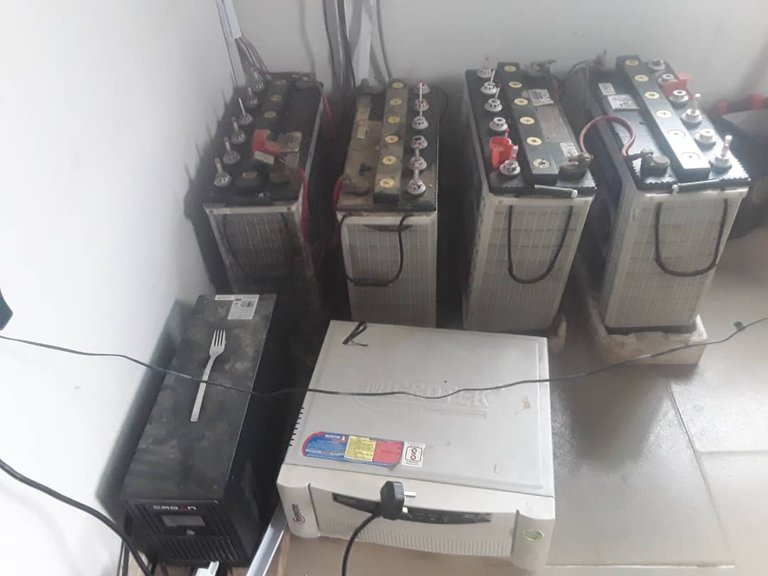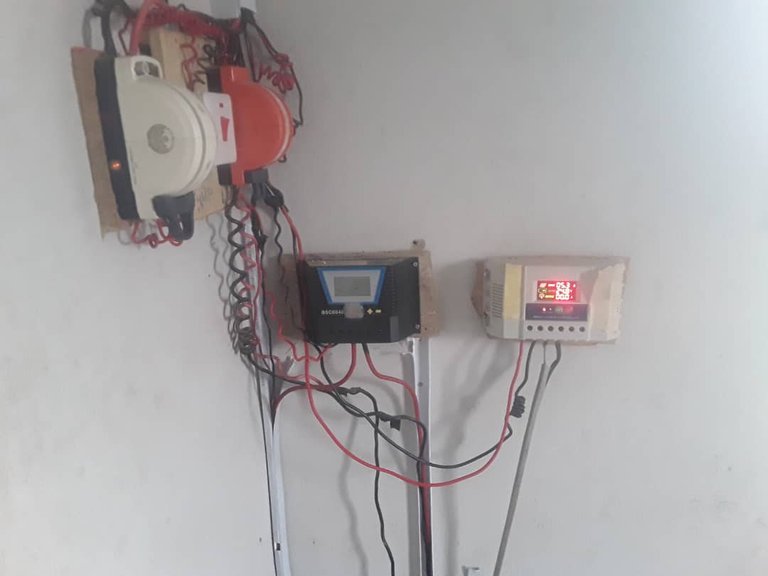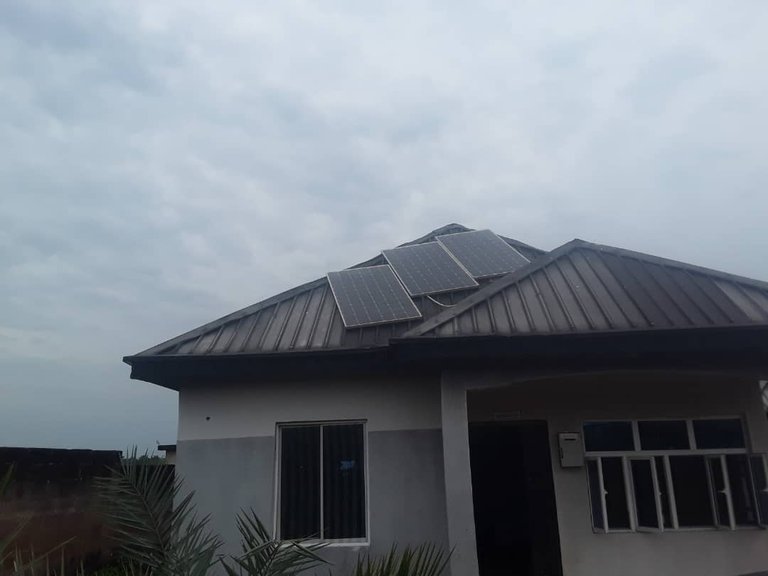Cost Minimization: Between renewable and non-renewable energy
The school I work as the head of administration started operations about 3 years ago. Since then, their energy need in terms of electricity has been supplied by a solar inverter and gasoline-powered generators. Only about a week ago were we able to connect to the local electricity grid.
You can imagine the major relief the connection to the grid would be. Running on gasoline generators has never been easy because of the cumulative cost of gasoline and maintenance of the generators. The solar inverter has limited capacity and is grossly inadequate to supply the needed electricity for the entire school.
Unfortunately, the joy and excitement only lasted a few days. Within 3 to 4 days one of the 4 electricity phases attached to the school exhausted a prepaid electricity unity of approximately $7. This amount may not mean much to you if you are not in Nigeria. But considering the present exchange rate, it is a huge one for the school.
In other words, connecting to the electricity grid may bring more ease in terms of logistics, but not in terms of significantly reducing the cost of energy as we had hoped. Thus, for the past few days, I've been exploring different options that will impact the school's purse the lowest.
- Should we stick to buying prepaid electricity units looking at the rate of consumption that seems to be insane?
- Do we shift all our energy consumption to depend on renewable energy/solar inverter?

Presently, we have two solar inverters, each with two 12-volt, 220 amp truck-size batteries, and 3 solar panels. One of the inverters is confined to the administrative building, which is the nucleus of the school. The other inverter serves some of the classrooms and the mosque. The classrooms serve the boarding student's night studying while the call to prayer, which requires the usage of the public address system is the main reason the second inverter serves the mosque.

These two inverters could have almost suffice, just that the school needs regular pumping of water from the borehole to the reservoir tanks. This process appears to be the parasite that suck off the prepaid units on the newly-installed prepaid meter. In addition, some of the electronic gadgets in the administrative building seem to have ratings that make the current inverter inadequate. In other words, for the administrative building to function completely on renewable energy, the inverter needs upgrading.
Moreover, if we opt for staying on the grid and purchasing prepaid meter units, there is no doubt that the cost we will be incurring monthly will be outrageous, especially when it comes to pumping water. I mean, if we could use $7 for just 3 to 4 days, the implication is that we may be using up to $70 per months. This is a huge figure when converted to our local currency.
Now to the solar inverter option. The truth is with our current set up that cannot even power some of our printers, pumping water with it is not an option. We will need to build a new solar inverter from the scratch, something powerful enough to power a 1.5 horsepower pumping machine when fully charged. Assuming we are able to do this, not minding the huge financial implication, we are still going to be faced with 2 challenges:
- We will need alternative power supply during cloudy weathers when the solar power will not be able to charge enough to power the pumping machine.
- We will still need to be spending on regular maintenance of the inverter.

The current inverters usually undergo routine maintenance, at least, once in a year. Most of this maintenance has to do with topping the electrolyte of the batteries and readjusting the solar panels to maximize charging as well as a review of the vital connections. During cloudy weathers, we will need to run an alternative power source, which can only be generators. to In other words, installing a capable inverter at a very huge cost does not mean costs will not be incurred for maintenance and running generators.
Staying connected to the grid also doesn't automatically guarantee electricity 24/7. Electricity supply in Nigeria remains epileptic and the implication is that generators would still be needed with the accompanying cost of fuel.
The problem now is, which will be more cost effective in the long run? Maybe I will be able to satisfactory answer this question in the coming years. For now, we are stuck with a mixture of the 3 - solar inverters that have limited usage but will require a massive amount to upgrade and maintained, generators with their cost of fueling and maintenance, and connection to main grid with costly electricity units as epileptic power supply.
I will be back with an update in the next few months.
I do not know much about any of this but I think the choice that would work the best is the one that would be most cost effective in the long run.
The problem is determining which will be cost-effective in the long run.
Thanks for your contribution to the STEMsocial community. Feel free to join us on discord to get to know the rest of us!
Please consider delegating to the @stemsocial account (85% of the curation rewards are returned).
You may also include @stemsocial as a beneficiary of the rewards of this post to get a stronger support.
Very interesting read. Thanks a lot for providing us with those insights.
"Do we shift all our energy consumption to depend on renewable energy/solar inverter?" In my opinion, yes. That's the best option. Of course, there will still be some costs for maintenance but in the long run you will profit massively as you don't have to pay for unreliable energy from the grid and you won't have to buy gasoline.
Let us know about your decision. :-)
I am a strong advocate of renewable energy as they are safer for our planet. Just that the initial cost of having to upgrade the existing system could be a major hindrance. We need to upgrade if we want to be 100% dependent on renewable energy. We may also suffer on days when there won't be sun.
What about going (almost) all-in on solar energy while keeping a gasoline based generator as a backup option in case it's raining cats and dogs.
It is definitely an option, just that we don't know if it's the most cost-effective for us
Guess that your backup power